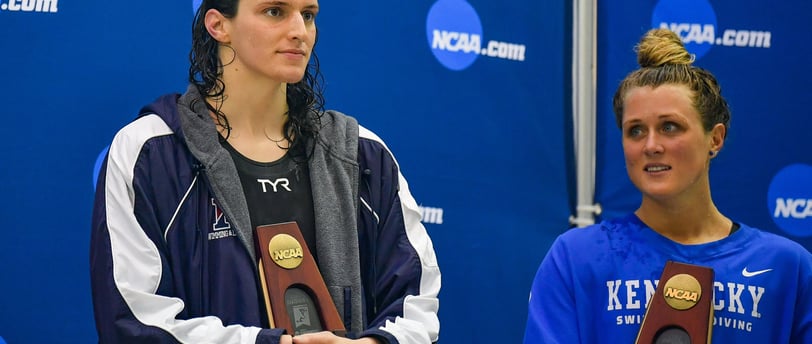Lia Thomas’ Olympic Dreams Dashed
With the Olympics out of reach, Lia Thomas' battle for inclusion in elite women’s sports has taken a significant blow. While her case has sparked global discussion on transgender rights in athletics, the CAS ruling reinforces the growing trend of sports organizations prioritizing biological factors over gender identity in competitive fairness.
2/22/20252 min read


Lia Thomas’ Olympic Dreams Dashed: Trans Swimmer Loses Legal Battle Over Competition Ban
Introduction
Lia Thomas, a former University of Pennsylvania swimmer and the first transgender woman to win an NCAA swimming championship, has officially lost her bid to compete in the 2024 Paris Olympics.
A ruling from the Court of Arbitration for Sport (CAS) on Wednesday upheld World Aquatics' ban on transgender women who have undergone male puberty from competing in elite women’s swimming events. This decision not only ends Thomas’ Olympic aspirations but also sets a precedent for transgender athletes in international sports.
The Legal Battle and Its Outcome
Thomas, who made history in 2022, challenged World Aquatics' policy, arguing that the rules were "invalid, unlawful, and discriminatory." However, the three-judge panel at CAS dismissed her appeal, stating that she lacked the legal standing to challenge the policy.
The court's decision means Thomas is barred from participating in this month’s U.S. Olympic trials, effectively eliminating her chances of competing in the Summer Games.
Why Was Lia Thomas Banned from Competing?
World Aquatics established new rules in 2022, barring transgender women who have undergone male puberty from participating in women’s swimming events. The organization also introduced an “open” category where transgender athletes could compete, but it has yet to gain traction in international sports.
Thomas fought to overturn these regulations, but her challenge was ultimately rejected. In response to the ruling, she issued a statement expressing disappointment:
“Blanket bans preventing trans women from competing are discriminatory and deprive us of valuable athletic opportunities that are central to our identities.”
She also urged other transgender athletes to "continue to fight for dignity and human rights."
What This Means for Transgender Athletes in Competitive Sports
The CAS ruling reaffirms World Aquatics' stance on fairness in women’s sports, aligning with policies set by other major governing bodies.
Fairness vs. Inclusion Debate: Supporters of the ban argue that biological differences provide transgender women with an unfair advantage. Critics, on the other hand, argue that such policies discriminate against trans athletes and exclude them from opportunities.
Impact on Future Competitions: The ruling may set a precedent for other sports, influencing policies in track and field, cycling, and weightlifting, where transgender inclusion has been a topic of intense debate.
The "Open Category" Question: While World Aquatics has introduced a separate category for transgender athletes, it has yet to be widely adopted, leaving many questioning its viability.
Conclusion
With the Olympics out of reach, Lia Thomas' battle for inclusion in elite women’s sports has taken a significant blow. While her case has sparked global discussion on transgender rights in athletics, the CAS ruling reinforces the growing trend of sports organizations prioritizing biological factors over gender identity in competitive fairness.
As debate over transgender participation in sports continues, Thomas’ case will undoubtedly remain a pivotal moment in the ongoing conversation about the intersection of identity, biology, and competition.
